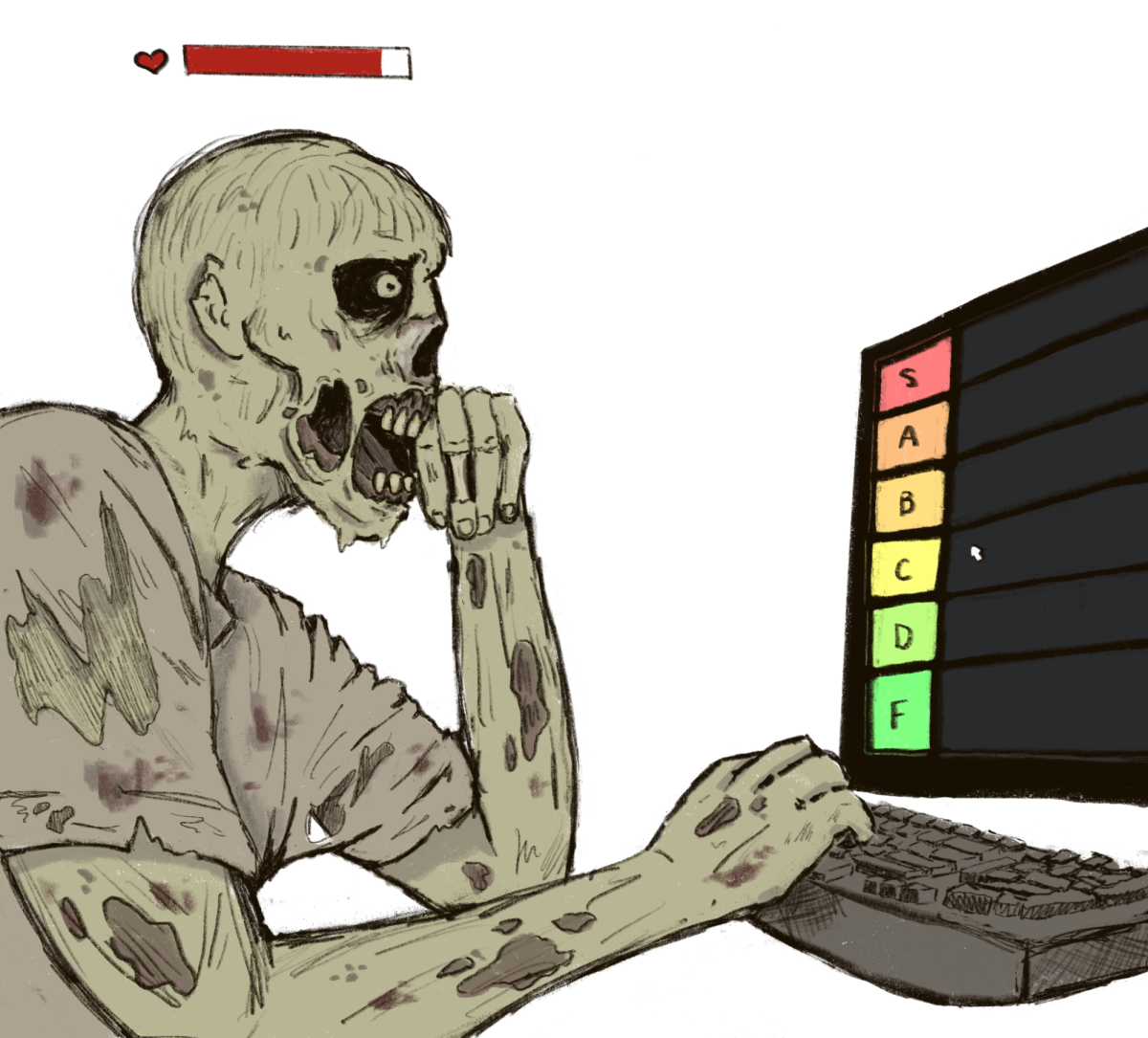In her 2015 research, Jennifer Barnes, an Assistant Professor of Psychology at the University of Oklahoma, argues that fanfiction uses its source material as a prop, transforming it into a starting point for readers’ imaginatory engagement. For Barnes, this action parallels the play we engage in during early childhood, where toys like dolls spur creative games that can take off in any direction. If fanfiction is akin to play, why do so many avid readers seek out fiction that places their fictional characters in perilous situations?
On Archive of Our Own, one of the most popular fanfiction host sites, a quick search for “apocalypse” in story tags turns up over 80,000 results. In these stories, characters from media ranging from Teenage Mutant Ninja Turtles to South Park crop up amongst zombies, viruses, and world wars and attempt to navigate treacherous conditions. In a substantial amount these fics, the characters who find themselves in these life-threatening situations are from source material completely divorced from world-ending predicaments. When characters from sitcoms, lighthearted cartoons, and favorite childhood media are injected into a gruesome world, the relationship between fans and the content they consume fundamentally changes.
A study from UC Davis in 2023 suggests that people turn to media with intense or violent content to emotionally regulate themselves emotionally by turning to escapism. However, fanfiction challenges this dynamic because of the odd tension between source material and its recontextualization in fan work. If readers only seek escapism, then they would most likely turn to a show that already provides that relief through its original content instead of taking the extra effort to find transformed, (and sometimes lower quality) fan-made content.
Sarah Breyfogle proposes a different framework to understand these media choices in the article “‘Alternate Universe – No COVID-19’: Fanfiction and Cultural Trauma” published in 2022. Here, Breyfogle argues that fanfiction focusing on the pandemic emerged because of a collective, cultural response to trauma. Instead of escapism, the article proposes fanfiction written during the pandemic provided a way for readers to have “aspirational” identification with the characters they write about. Although the article focuses on COVID, a mass pandemic that has already happened, I believe fanfiction that deals with even more outlandish scenarios holds the power to produce the same effect.
No matter how detached from its canon a fanfiction becomes, one thing remains constant—the characters. Despite being fundamentally altered once they leave their source material, fan-favorite characters remain recognizable because of their actions, patterns of speech, and relationships to other characters. Popular apocalypse media and narratives suggest that events of mass-tragedy will irreconcilably alter human behavior and self-conception, causing people to turn on each other or become violent for the sake of survival. These narratives configure apocalyptic times as ones that will shatter our understanding of our own character, creating philosophical anxieties which move beyond physical threats.
However, watching one’s favorite characters stay themselves despite conditions that push them to their limits allows fanfiction’s alternate universes (AUs) to emerge as a coping mechanism. Yes, fics featuring zombies and the other monsters apocalypse breeds may seem ridiculous and distant from our contemporary concerns, but data from the PEW Research Center in 2022 found that 39% of adults believe we are living in “end times.” Even if the universes fanfiction creates seem distant, readers believe a hostile and dangerous world (whatever form it ends up taking) could emerge at any moment. So, participating in fan culture becomes one source of (slight) relief.
I’ll state the obvious and recognize that most fanfiction focuses on romantic pairings, or “ships,” between characters. Apocalyptic fanfic allows characters to remain “themselves” and also depicts their continued capacity to relate to others amidst end times’ horrifying conditions. Furthermore, the sense of choice fanfiction offers readers is unparalleled. While the UC Davis study mentions viewer choice as a crucial component of viewers’ escapism, fanfiction gives fans the liberty of authoring alternative endings themselves. A frustrated or terrified viewer may change the channel to watch something new when disappointed by the outcome of an apocalypse TV show, but fanfic lovers can switch to a new fic with the same characters and different outcomes or write their own tale. This lack of closure is implicit in the tag “alternate universe,” where fanfiction writers understand that the apocalyptic realities they write are not the end-all-be-all. Instead, their works add to a network of possibilities that refuses closure—giving writers and readers hope that they too can overcome end times.










